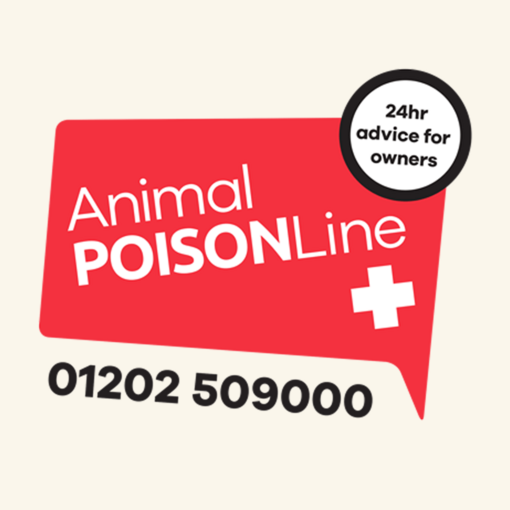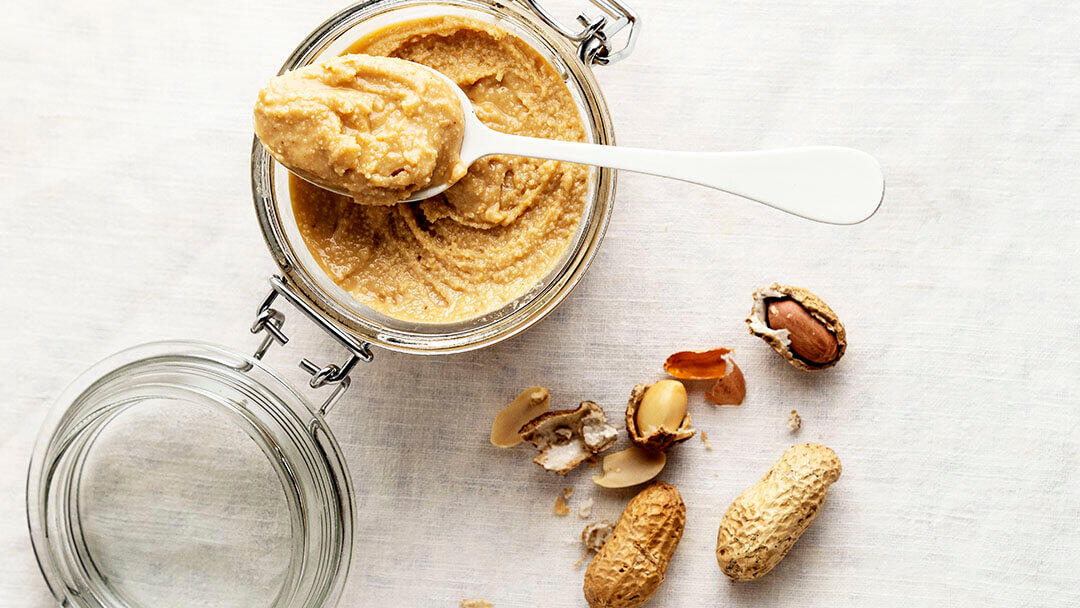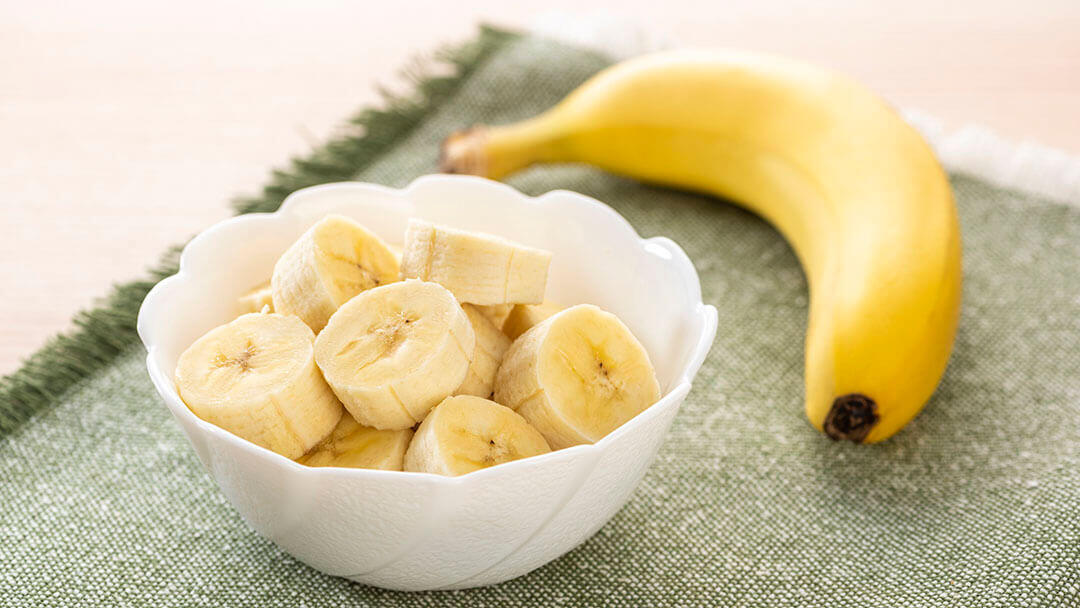
Many of us love the taste of honey, and it does a good job at satisfying people with a sweet tooth. But can dogs eat honey? You may also be wondering if honey has any medicinal properties… Find your answers here!
Can dogs have honey?
While honey is not toxic for dogs, we would advise against feeding it to your pup. The reason for this is that honey has an extremely high sugar content, and this can cause your dog to gain weight or may even make them unwell if they are suffering from an underlying medical condition such as diabetes.
Can honey be used to treat wounds?
There has been some research that confirms that certain types of medical grade manuka honey can aid wound healing. However, it’s important to emphasise that wounds should only ever be assessed and dressed by trained veterinary professionals, as treatment of wounds at home can easily lead to nasty infections and wound deterioration, which can result in a lot of unnecessary pain and suffering.
In terms of dressing wounds at the vets, there are some post-surgical wounds (which veterinary professionals will be able to correctly assess) where manuka honey can be used to aid wound healing, in conjunction with other suitable dressing materials. That being said, honey is by no means a cure-all, and should only be used in specific cases. Honey is also only suitable for the initial stages of wound healing. There are also plenty of other alternative forms of wound dressings that can be used instead of manuka honey for dogs that can also act to aid wound healing, and it will be up to your vet to make a decision as to which dressing is most appropriate in each individual case. It’s also worth being aware that manuka honey can take longer to work than some alternative wound dressing materials and can cause surgical sutures to break down more quickly. It can be detrimental to wound healing when used in inappropriate cases.
There has also been some debate as to whether manuka honey has any antimicrobial properties. Although honey does have some antimicrobial effects, it’s not able to protect against all bacterial spores and so should only be used following assessment by a veterinary professional.
Can honey be used to treat allergies?
There has been some discussion as to whether honey can be used to treat other conditions. For example, it has been suggested that locally produced honey may be useful in dogs with allergies as, if they have an allergy to pollen, the honey itself may expose them to smaller doses of the allergen, helping to build their immunity without triggering a full allergic reaction. However, this is not a reliable method of treating allergies and many dogs with allergies also react to several other allergens.
In addition to this, it is not possible to measure the dose of allergen you feed your dog via honey, and a very specific dose of an allergen must be given to only trigger an immune response, so it’s possible that the honey itself could cause an allergic reaction. Because of this, and the fact that the sugar in honey can be detrimental for your dog, we would always advise against using honey for allergy cases. If you are concerned your pet may suffer from an allergy, it’s best to speak to your vet for further advice.
Can honey be used to treat kennel cough?
Honey is known to soothe a sore throat, which can be one of the symptoms of kennel cough. However, the effects are minimal, and sore throats do not always require treatment. In addition to this, there may also be a more appropriate and effective alternative treatment available for your dog. Because of this, if you suspect your dog has kennel cough, it’s always best to speak to your vet first before giving honey as treatment, as they will be able to advise you on appropriate treatment and, more importantly, this will help to rule out any alternative – and potentially more serious – underlying medical conditions.
Can honey help with gastrointestinal issues?
There has been some research into using honey as a probiotic in humans; however, there are currently no conclusive studies determining the effect of honey on the canine gastrointestinal system. Therefore, if you think your dog may be having gut problems, it’s best to speak to your vet. If you are interested in finding out about products that will support your dog’s gut, again your vet will be able to advise you on which products are appropriate.
So that concludes our article, ‘Can dogs eat honey?’. If you’re looking for another sweet treat for your pet, check out our article, ‘Can dogs eat bananas?’.

















